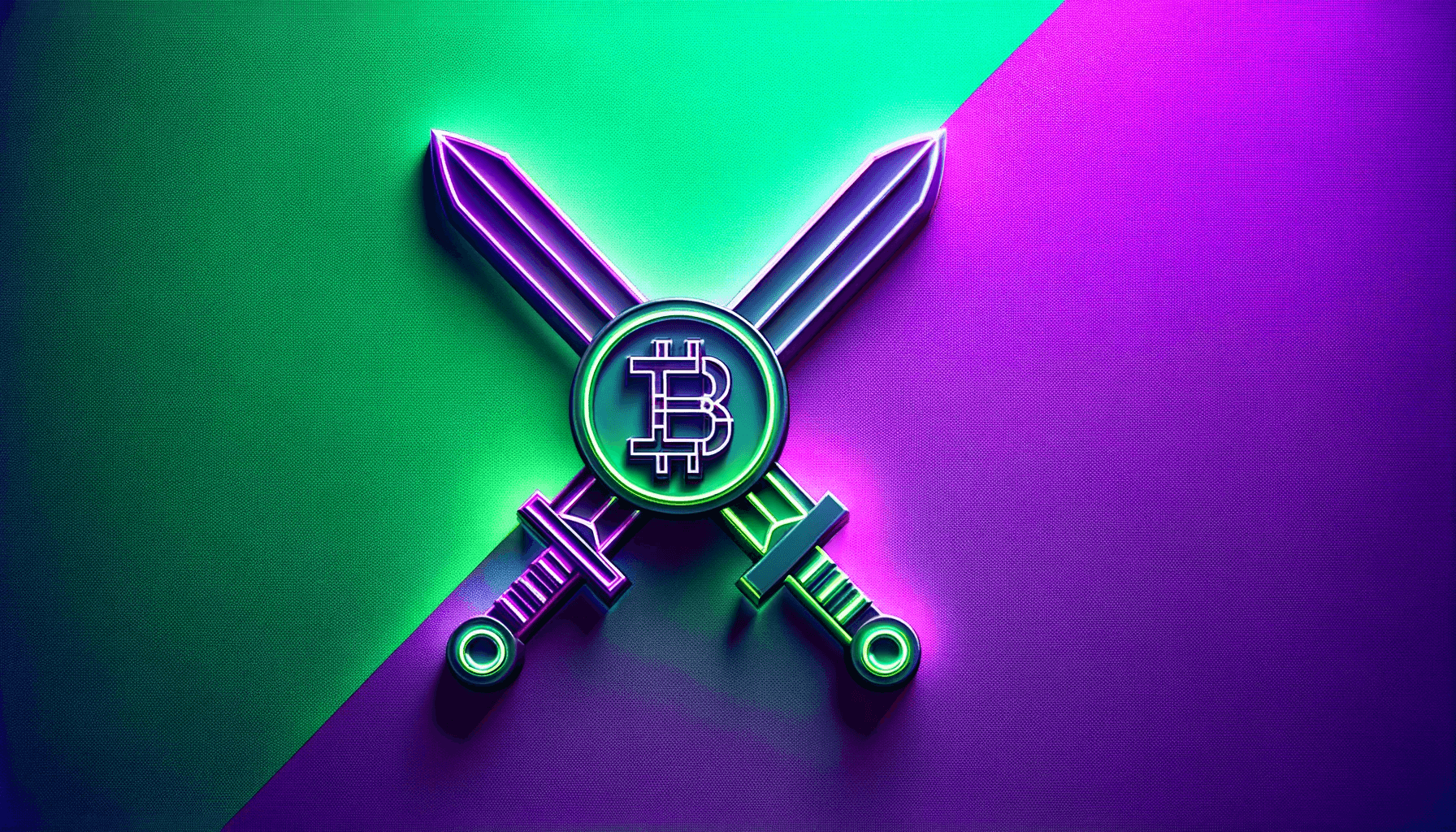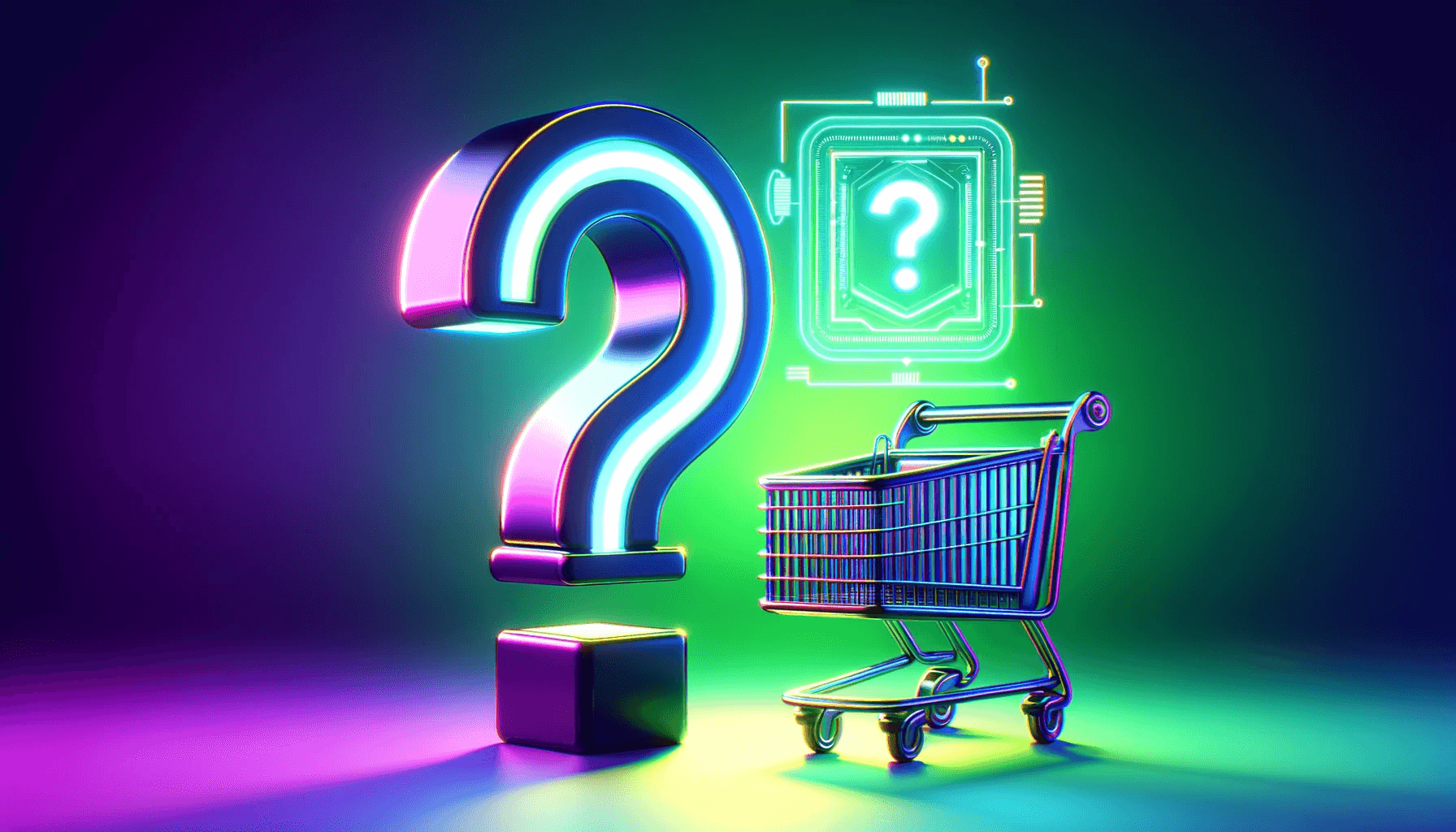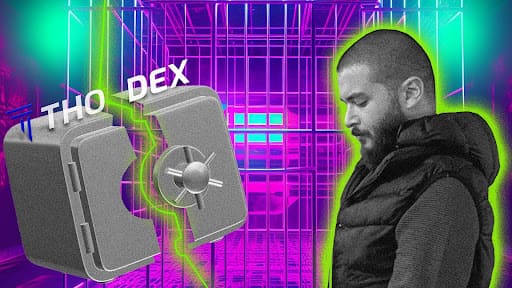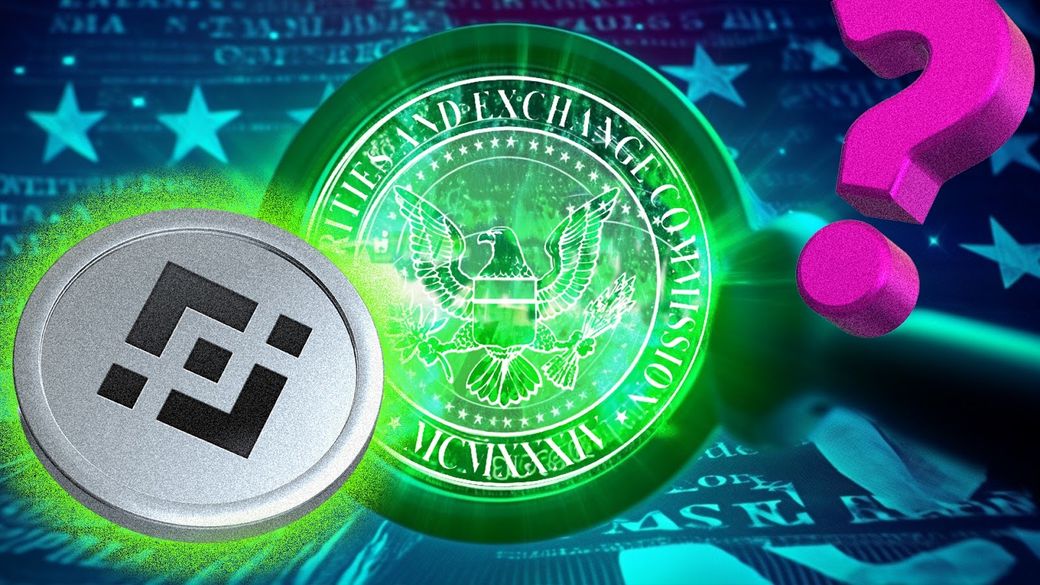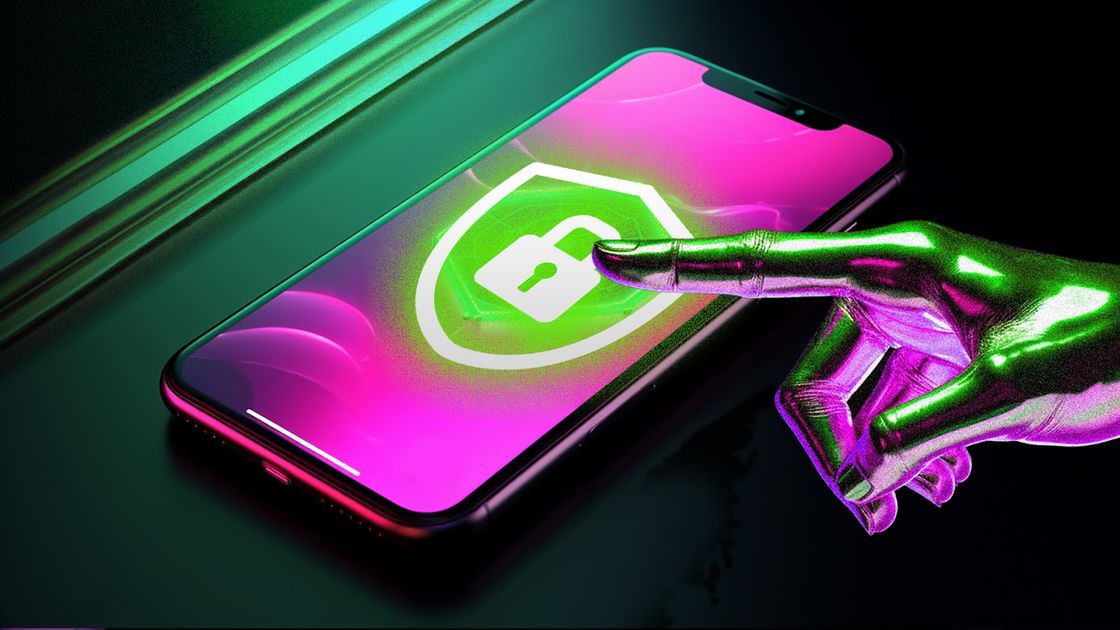
Are you eager to enter the world of digital currencies but unsure where to start? Concerns about cybercrime and fraud might have you wondering, "How can I safely buy cryptocurrency?"
Don't worry aspiring crypto investors – you're about to pinpoint the perfect cryptocurrency wallet to secure your digital assets with!
We'll clarify the process of storing digital currency, giving you a deep dive into different types of cryptocurrency wallets and exploring how to ensure their security. Our goal is to equip you with the knowledge and confidence to take advantage of this pivotal moment in history.
What Is a Cryptocurrency Wallet?
A cryptocurrency wallet serves as your digital bank account. In simple terms, it's like a digital purse or bank where you store, send, and receive digital currencies such as Bitcoin and Ethereum.
Your choice of a crypto wallet can significantly impact your digital transactions and savings, similar to how your choice of a bank affects your financial earnings.
Choosing the right cryptocurrency wallet is crucial for safeguarding your hard-earned money. Let's begin by examining various types of crypto wallets and their functionalities.
Types of Crypto Wallets
Much like you wouldn't buy the first wallet you see in a store, selecting a crypto wallet should be a thoughtful decision.
Here are the three main types:
Hardware wallets: These are physical devices that store your cryptocurrencies offline, similar to a vault protecting your money from online threats. Although they come at a price, they offer top-notch security.
Ledger and Trezor are two of the most popular hardware wallets available in the market. Ledger is known for its compatibility with iPhones, while Trezor offers a touchscreen at a lower cost than Ledger’s touch screen model.
Software wallets: These virtual wallets are applications installed on your desktop or mobile device. Software wallets are convenient like home safes but are susceptible to online threats. They are often free but require regular maintenance.
Metamask and Phantom are two popular software wallets that are widely used by crypto enthusiasts.
MetaMask can work with five different types of special security devices and two kinds of digital money networks. Phantom is best used with a specific network called Solana which has a built-in tool for easy trading, and works with only one type of security device.
Paper storing private keys: As the name suggests, this method involves printing your cryptographic keys on a piece of paper. They are like burying your treasure map – generally safe, but they can get lost or damaged. Once lost, they are impossible to recover.
Heating Up: Hot vs. Cold Wallets
Now that you're acquainted with different wallet types, let's explore "hot" and "cold" wallets.
Hot wallets are connected to the internet, offering accessibility but making them potentially vulnerable. They are similar to carrying cash in your pocket – easy to spend but at risk of being lost.
Cold wallets, on the other hand, are offline and akin to storing valuables in a safe. While they have a lower risk of theft, they are less convenient to access.
How to Choose the Right Wallet
Selecting the best strategy to protect your digital treasure might seem like a puzzle, but it doesn't have to be. Here are some factors to consider when choosing the right crypto wallet:
Security: Just as securing your house is essential, safeguarding your digital assets is paramount. Hardware wallets offer superior protection as they are physically possessed, acting as an impenetrable fortress guarding your digital assets against hackers.
Convenience: If transaction speed and frequent access to your digital assets are crucial, opt for software wallets. Similar to placing money in a bank account for ease of transactions, software wallets keep your crypto keys ready for use whenever needed.
Recovery and Backup: Accidents can happen, so preparing for the unexpected is crucial in the crypto world. Choose a crypto wallet that offers robust backup and recovery options.
Consider these protocols as keys to a backup safe, ensuring access to your assets even in times of disaster.
How to Use a Crypto Wallet
Getting your crypto wallet up and running might appear daunting, but let's break it down into simple steps:
Setting up a Wallet: This process varies depending on the wallet type. Software wallets typically involve downloading an app and creating an account, while hardware wallets require you to follow the manufacturer's setup instructions.
Sending and Receiving Cryptocurrency: This step entails sharing your wallet's public key with the sender and vice versa.
Storing and Managing Cryptocurrency: Your wallet enables you to monitor your balances and conduct transactions, much like your personal online banking app.
Remember, taking these steps slowly and with understanding is essential to avoid any mishaps.
Best Practices for Crypto Wallet Security
No castle is complete without a moat, and no crypto wallet is secure without best practices. Here are some suggestions:
Private Key Protection: Consider your private key the master key to your fortress. Guard it with the utmost care and never give it away. We recommend offline, paper storage.
Set Up a Strong Password: Think of your password as a robust lock for your digital vault.
Regular Backup: Keeping a backup is a smart move, so if something goes missing at least you’ll have a plan B.
Public Wi-Fi Caution: In the crypto world, public Wi-Fi can be treacherous, hackers are often looking for ways to steal your information on these connections. Approach it with caution.
Beware of Phishing Scams: Be vigilant for scams or tricksters designed to deceive and get you to give up your private keys. Don’t fall for it.
Conclusion
When embracing this revolutionary technology that's well on its way to redefining the future of finance. You have to understand that buying cryptocurrencies securely demands patience and understanding.
Selecting the right wallet and adopting a security-first approach can enable you to enter
the cryptocurrency market with confidence.
Want More Cutting-Edge Crypto News?
Follow Us: X TikTok Instagram Telegram LinkedIn
Sign up to our newsletter at the bottom of the page
Check Out Our Top 10 Crypto Currencies of 2023
This article is intended for educational purposes and is not financial advice.


